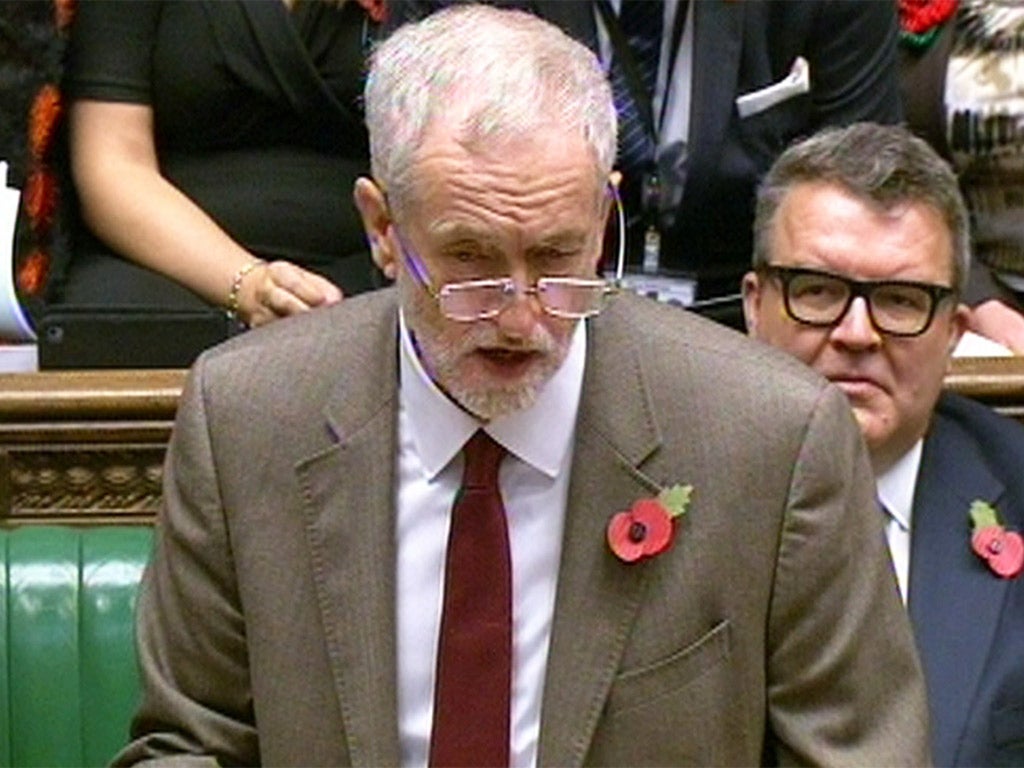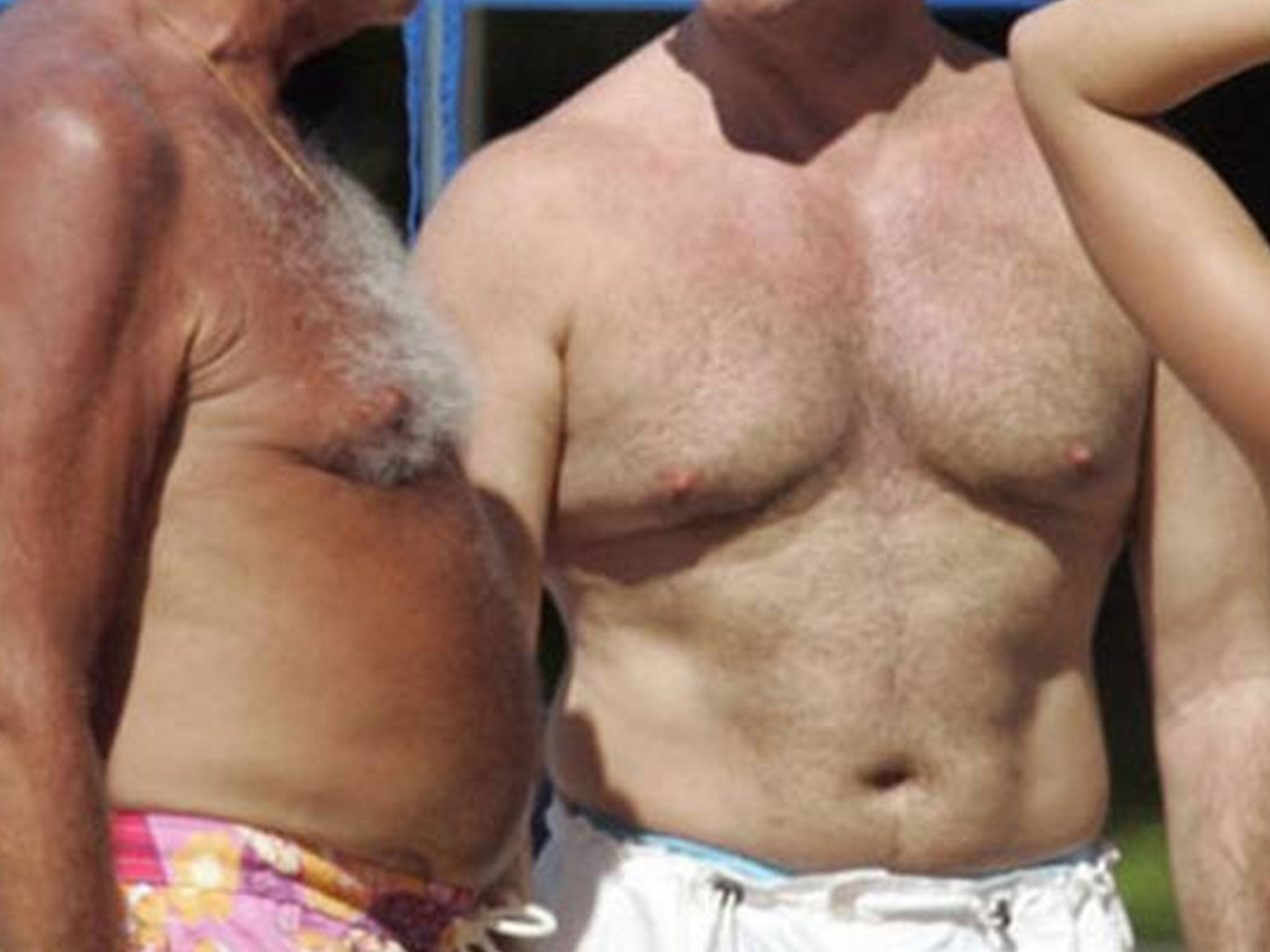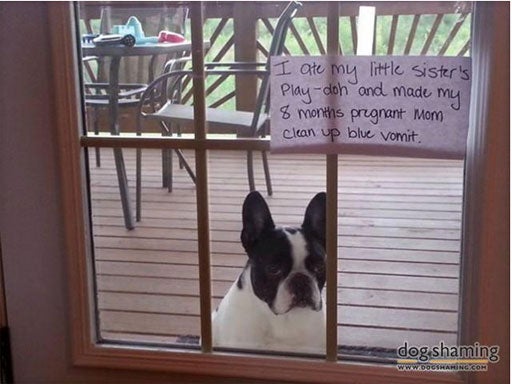Word of the Year 2015: 'Binge-watch' beats 'Corbynomics' and 'dadbod'
Lexicographers say usage of the term is up by 200 per cent since 2014

Your support helps us to tell the story
From reproductive rights to climate change to Big Tech, The Independent is on the ground when the story is developing. Whether it's investigating the financials of Elon Musk's pro-Trump PAC or producing our latest documentary, 'The A Word', which shines a light on the American women fighting for reproductive rights, we know how important it is to parse out the facts from the messaging.
At such a critical moment in US history, we need reporters on the ground. Your donation allows us to keep sending journalists to speak to both sides of the story.
The Independent is trusted by Americans across the entire political spectrum. And unlike many other quality news outlets, we choose not to lock Americans out of our reporting and analysis with paywalls. We believe quality journalism should be available to everyone, paid for by those who can afford it.
Your support makes all the difference.Collins English Dictionary has declared ‘binge-watch’ as its Word of the Year, followed by contenders ‘transgender’, ‘Corbynomics’, and ‘dadbod’.
The word echoes the success of subscription streaming services like Netflix. 'Binge-watching' means to "watch a large number of television programmes (especially all the shows from one series) in succession" according to CollinsDictionary.com.
Lexicographers have noted usage of the term is up by 200 per cent since 2014.
A survey by digital video recording company Tivo, cited by Collins, reported in June this year that 92 per cent of viewers watched more than three episodes of a series in one day. 37 per cent spent a whole weekend watching one show.
Head of language content at Collins Helen Newstead said: “The rise in usage of ‘binge-watch’ is clearly linked to the biggest sea change in our viewing habits since the advent of the video recorder nearly 40 years ago.”
“It’s not uncommon for viewers to binge-watch a whole season of programmes such as House of Cards or Breaking Bad in just a couple of evenings – something that, in the past, would have taken months – then discuss their binge-watching on social media,” she said.
It takes two or three episodes to get a viewer ‘hooked’ onto a series, according to data revealed by Netflix in September. Series with highly serial plots that continue across many episodes were are more likely to capture viewers quicker than series that are episodic – meaning the plot starts and ends in a single episode.
‘Transgender’ is the runner-up Word of the Year, seeing an increase of 100 per cent since 2014. The increased presence of transgender public figures such as Caitlyn Jenner, as well as transgender actors such as Laverne Cox, has made awareness of the word much more public.
Here are eight other picks on the Word of the Year list:
Corbynomics

“The economic policies advocated by Jeremy Corbyn, leader of the UK Labour Party from 2015”
Manspreading

“A male passenger in a bus or train splaying his legs in a way that denies space to the passenger sitting next to him”
Dadbod

“An untoned and slightly plump male physique, especially one considered attractive”
Ghosting
![The couple, who remain anonymous, are in the middle of a Family Court dispute involving their child [stock]](https://static.independent.co.uk/s3fs-public/thumbnails/image/2015/10/16/13/text-message.jpg)
“Ending a relationship by ignoring all communication from the other person”
Shaming

“Attempting to embarrass a person or group by drawing attention to their perceived offence, especially on social media”
Clean-eating

“The practice of following a diet that contains only natural foods, and is low in sugar, salt, and fat”
Swipe

“To move a finger across a touchscreen on an electronic device as a means of inputting a command”
Contactless

“Referring to payment systems which use RFID technology and do not require the customer’s signature or pin number”
Join our commenting forum
Join thought-provoking conversations, follow other Independent readers and see their replies
Comments